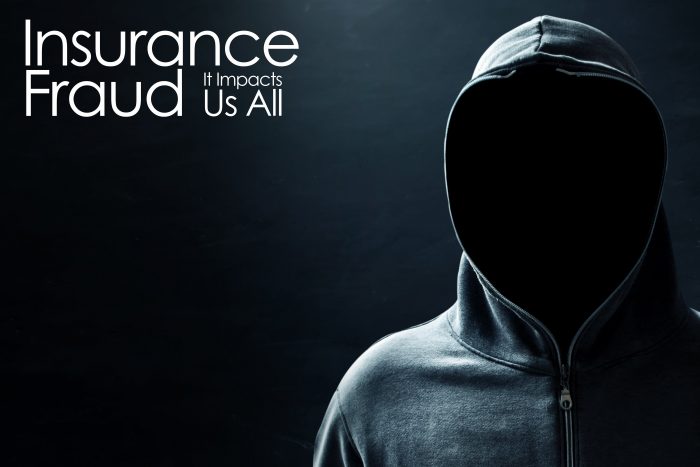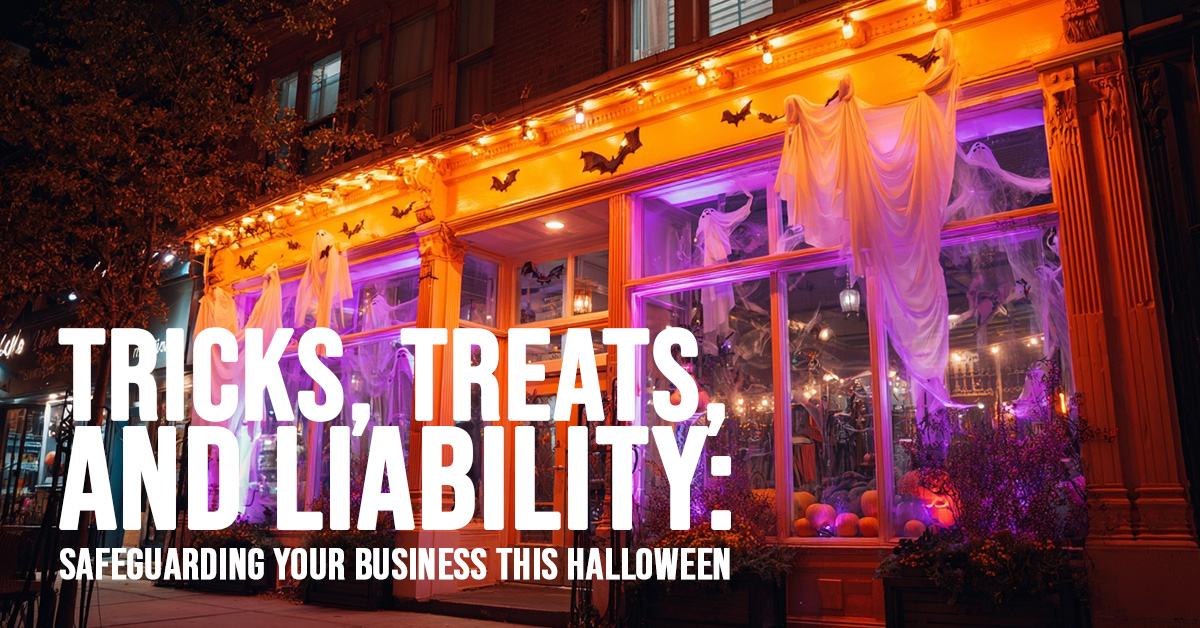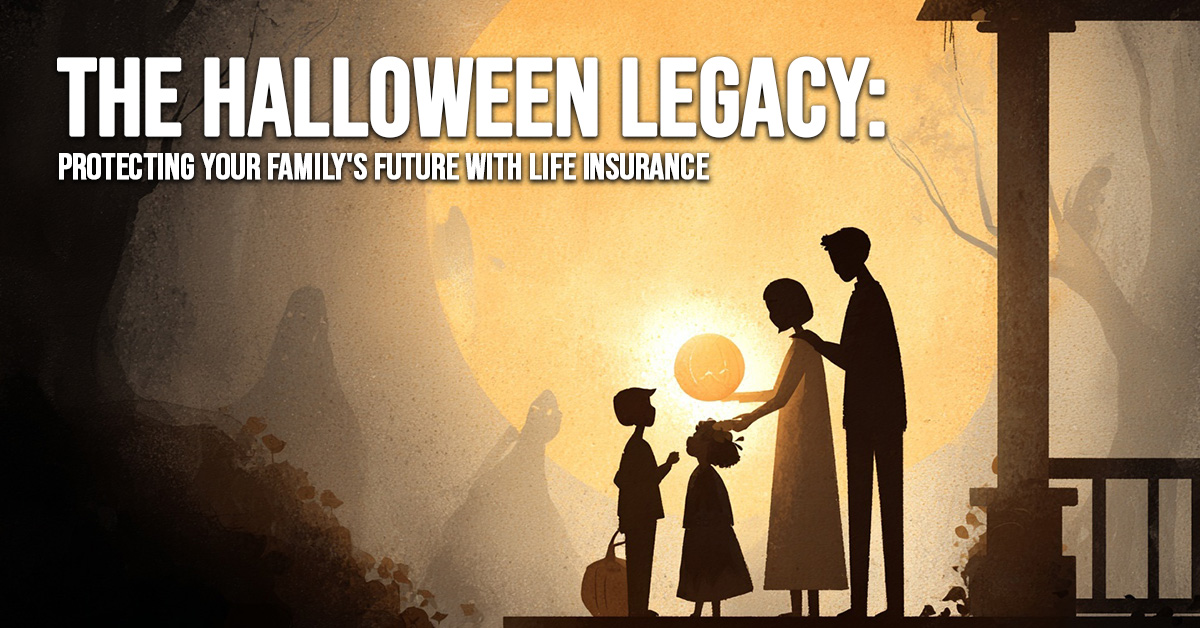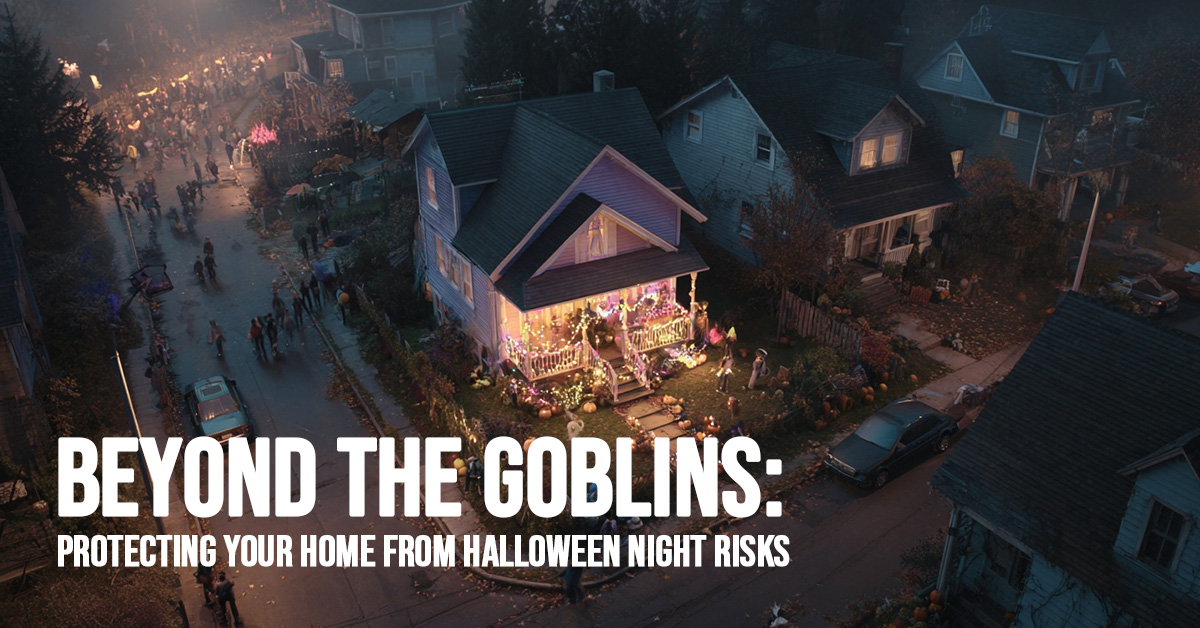
Can you think of any crimes that are truly victimless?
Some people may think insurance fraud is a victimless crime. However, we are all impacted by insurance fraud. If one person commits insurance fraud, we all pay the consequences—literally. To compensate for the costs of fraud, our insurance rates go up.
There are approximately 80 billion dollars in fraud annually.
What exactly is insurance fraud?
Insurance fraud is committed when there is a dishonest act with the intent to receive fraudulent compensation. This is usually in the form of a false or exaggerated claim to an insurance company.
Here are a few real-life examples of how people commit insurance fraud.
- Making a claim, receiving compensation, and using the money for other things.
- Selling their property for profit and reporting to the renter’s insurance company that the item was stolen.
- Also, selling their cars and reporting the car was stolen.
- Worker’s Comp—fake or exaggerated injuries to try to get compensated more than they are truthfully entitled to.
- Stage fires—making a claim for a fire they started themselves.
- Staged accidents—true desperation.
- Storm claims—worsening the damages created by storms to obtain a much larger
- Plus many more.
The people who commit insurance fraud are also policyholders. Their insurance rates go up just the same as anyone else. There are two different kinds of insurance fraud, hard and soft. Both types are punishable by law. Soft fraud results in fines, volunteer work, jail time, and probation. Hard fraud results in several years in prison.
The worst part of insurance fraud is that it impacts honest people, too.
 By: KayLynn
By: KayLynn









